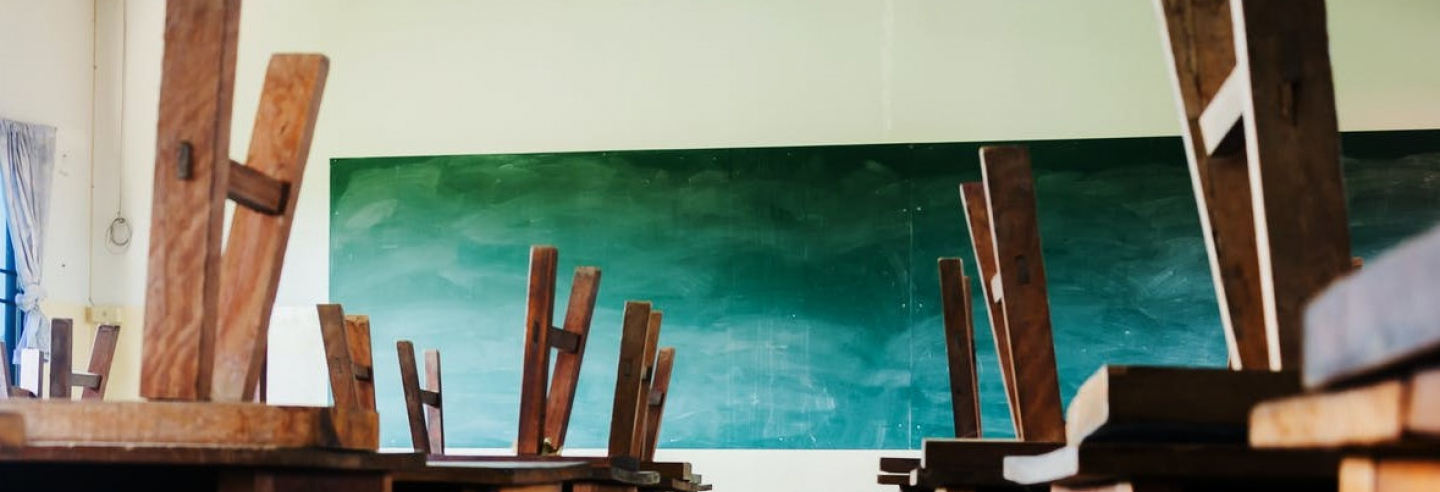Proposals for resumption of school post-confinement Covid-19
23rd April 2020
1. The context
In an attempt to contain the spread of the Covid-19 pandemic, most countries around the world have temporarily closed educational institutions. These nationwide closures are impacting over 91% of the world’s student population. Several other countries have implemented localized closures impacting millions of additional learners.
1.1 In the case of Mauritius, during the confinement period, even though a system of distance learning has been introduced, the fact remains that not all children and youths were taken on board, particularly the under-privileged learners who tend to benefit from fewer educational opportunities aside from formal schooling experiences. As emphasized by UNESCO, the disruptions caused by school closures “exacerbate already existing disparities within the education system.” https://en.unesco.org/covid19/educationresponse
1.2 Knowing that the coronavirus is still out there, ready to strike again, the challenge facing our country after the confinement period resides in finding the best way to gear up for the resumption of studies
- WITHOUT endangering the health of the students, staff members, as well as their
families, and
- By ensuring educational ACCESS and EQUITY for all the children of the Republic of Mauritius.
As such, the Catholic education sector would like to bring its contribution to the decision process undertaken by the Ministry of Education, Tertiary Education, Science and Technology by submitting some of its views for the period spanning from post-confinement till a return to normalcy.
2. Status of the situation
2.1 Since the lockdown, distance learning has been taking place to the extent possible as per the modes of learning advocated by the Ministry of Education, Tertiary Education, Science and Technology. However,
(i) a great majority of pupils at primary school level do not have access to the dedicated TV channels and even for those who do, it cannot be posited that the quality of parental support is always optimal;
(ii) a great majority of students of lower and upper secondary grades do not have internet access and do not have a tablet, computer or even a smart phone at their disposal – and for those who can avail themselves of a smart phone – using it as a learning tool for prolonged periods proves to be particularly arduous;
(iii) students of the Extended Programme are not really on board; and
(iv) educators are themselves at a loss as they do not master all the intricacies of online teaching and learning.
2.2 Initiatives in favour of distance learning were also taken at our level as we made available a Shared Learning platform on our website for the primary and SEN Units. Similar avenues are currently being contemplated for the Extended and Mainstream secondary sector. Some educators are doing their best to reach out to their students and ensure some form of distance learning is taking place. However, we need to factor in that:
(i) distance learning cannot replace the work being done at school;
(ii) resumption of schools with a shift system will put additional stress on the children, their families and the school staff; and
(iii) trying to catch up with the school calendar with a view to completing the syllabus and meeting the deadlines for the national exams such as PSAC and NCE, as well as those of the end of year SC and HSC exams – with course works to be submitted in many cases - will be an impossible feat.
3. The stand of the Catholic education sector
3.1 Since there is still the danger of subsequent contamination waves coming our way, the Catholic education sector is of the opinion that resumption of school must be postponed until the risk level decreases. This may be around mid-June or July or at a date to be determined by the Government.
3.2 Since the exclusion of a large percentage of the school population with no access to TV and internet is an issue which must not be ignored, and the fact that only a fraction of the 1st Term syllabus had been covered at 19th March 2020, the Catholic education sector considers that upon resumption, schools must start afresh a new academic year.
3.3 This means that the school calendar must be reviewed and that all national and international exams be rescheduled with a timescale of six months or a full year.
3.4 In order to overcome this sanitary crisis, a protocol for health and safety must be communicated to all upon resumption, and proper sanitary equipment be provided.
3.5 Improvement must be brought to the mode of distance learning by bridging the gap of internet access and IT equipment, as well as training of the educators.
Conclusion
As a main partner of the national education system, we remain available for further consultations with the Ministry of Education, Tertiary Education, Science and Technology as we both have at heart the common aim of overcoming this world sanitary crisis and finding the best way to ensure equity, access and quality education to all the children of the Republic of Mauritius.
On behalf of the Conseil de l’Education Catholique
Dr (Mrs) Gilberte Chung Kim Chung
Executive Director


